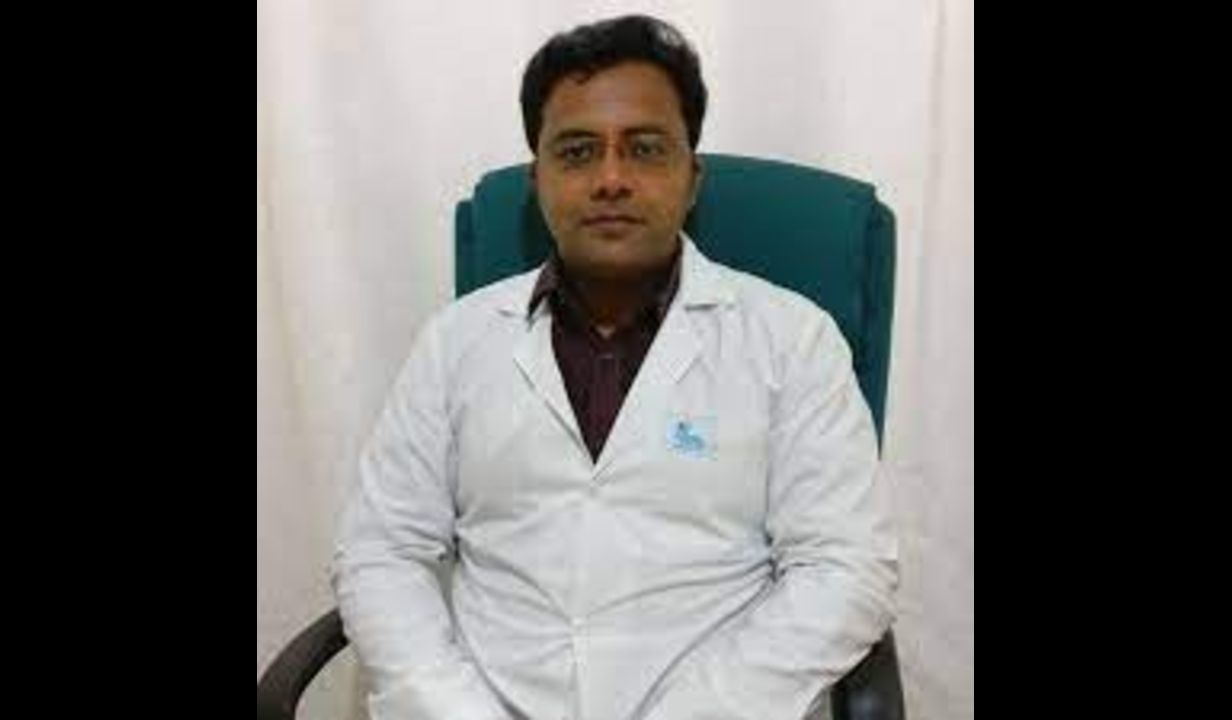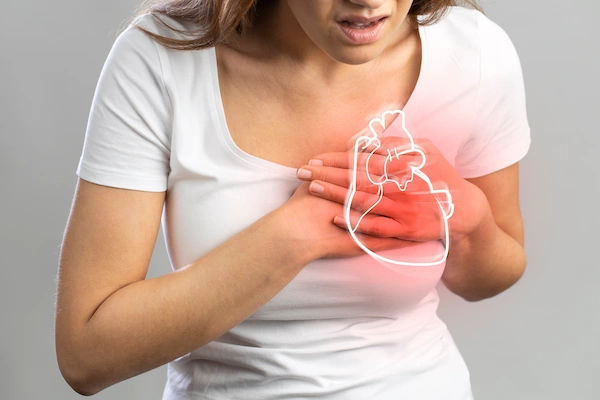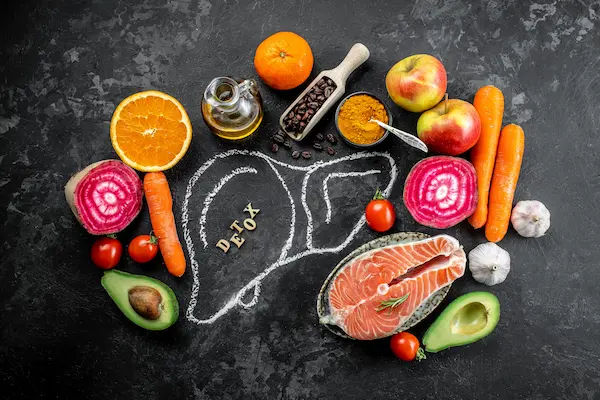Eating Disorders Overview: Symptoms and Treatment
Explore a comprehensive overview of eating disorders, including common symptoms, risk factors, and effective treatment options. Learn how early intervention and support can lead to successful recovery.

Written by Dr. J T Hema Pratima
Reviewed by Dr. D Bhanu Prakash MBBS, AFIH, Advanced certificate in critical care medicine, Fellowship in critical care medicine
Last updated on 13th Jan, 2026

Eating disorders are serious mental health conditions that affect a person’s relationship with food, body image, and overall well-being. They can lead to severe physical and emotional consequences if left untreated. If you or someone you know is struggling with disordered eating, understanding the signs, causes, and treatment options can help in seeking timely support.
What Are Eating Disorders?
Eating disorders are not just about food—they involve complex emotional and psychological struggles. People with eating disorders may obsess over weight, food, or body shape, leading to harmful behaviours like extreme dieting, binge eating, or purging. These disorders can affect anyone, regardless of age, gender, or background.
Common Types of Eating Disorders
1. Anorexia Nervosa: Extreme fear of gaining weight, leading to severe food restriction and excessive weight loss.
2. Bulimia Nervosa: Cycles of binge eating followed by purging (vomiting, excessive exercise, or laxative use).
3. Binge Eating Disorder (BED): Frequent episodes of eating large amounts of food without control, often leading to guilt and shame.
4. Avoidant/Restrictive Food Intake Disorder (ARFID): Limited food intake due to sensory issues or fear of negative consequences (not related to body image concerns).
Consult Top Specialists
Signs and Symptoms
Recognising the symptoms early can help in seeking timely treatment.
Physical Symptoms
Rapid weight loss or fluctuations
Fatigue, dizziness, or fainting
Digestive issues (constipation, acid reflux)
Irregular or missed menstrual periods (in women)
Dry skin, brittle nails, or hair loss
Emotional & Behavioural Signs
Obsession with calories, dieting, or body weight
Avoiding meals or eating in secret
Feeling guilty or ashamed after eating
Excessive exercise, even when injured or exhausted
Withdrawal from social activities involving food
What Causes Eating Disorders?
There is no single cause—eating disorders develop due to a mix of factors:
Genetics & Biology: Family history of eating disorders or mental health conditions can increase risk.
Psychological Factors: Anxiety, depression, perfectionism, or low self-esteem may contribute.
Social & Cultural Influences: Pressure to look a certain way, social media, or bullying can trigger disordered eating.
Trauma or Stress: Past abuse, major life changes, or high-stress environments may play a role.
How Eating Disorders Affect Health?
If untreated, eating disorders can lead to serious complications:
Heart problems, electrolyte imbalances, or organ failure
Bone loss (osteoporosis) due to malnutrition
Severe dehydration or digestive damage
Increased risk of depression, anxiety, or suicidal thoughts
Treatment and Recovery
The good news is that recovery is possible with the right support. Treatment usually involves a combination of:
1. Medical & Nutritional Care
Doctors monitor physical health and restore a balanced diet.
Dietitians help create healthy meal plans.
2. Therapy & Counselling
Cognitive Behavioural Therapy (CBT): Helps change negative thoughts about food and body image.
Family-Based Therapy (FBT): Involves family in recovery, especially for teens.
Support Groups: Connecting with others who understand the struggle can be healing.
3. Medication (if needed)
Antidepressants or anti-anxiety medications may help manage co-existing conditions like depression.
Self-Help & Lifestyle Tips
If you're on the path to recovery, these steps can help:
Practice Self-Compassion: Be kind to yourself; recovery takes time.
Avoid Triggering Content: Limit exposure to diet culture or unrealistic body standards.
Eat Mindfully: Focus on hunger cues rather than strict rules.
Stay Connected: Talk to trusted friends, family, or a therapist.
Conclusion
If you or a loved one is experiencing symptoms of an eating disorder, don’t wait—early intervention improves recovery chances.
Apollo24|7 offers expert consultations with nutritionists, psychologists, and doctors who specialise in eating disorder treatment. You can book an appointment online for personalised care. Eating disorders are serious but treatable. If you're struggling, remember—you are not alone, and help is available. Recovery is a journey, and every small step toward healing counts.
Consult Top Specialists
Consult Top Specialists
Dr. Krishna Sahithi J
Psychiatrist
11 Years • MBBS, MD (Psychiatry), FIPS
Hyderabad
Feronia Super Speciality Clinics, Hyderabad

Dr. Abhijit Chakraborty
Psychiatrist
8 Years • MBBS, DPM, MD Psychiatry
Kolkata
BIENETRE CLINIC, Kolkata
Dr. Krishanu Chakrabraty
Psychiatrist
9 Years • MBBS, DNB(Psychiatry)
South Dumdum
Dr. Krishanu Chakrabarty Clinic, South Dumdum

Dr. Aditya Nair
Psychiatrist
5 Years • MBBS, MD (Psychiatry)
Bansdroni
Siddhita Healthcare., Bansdroni

Dr Ashutosh Singh
Psychiatrist
2 Years • MBBS; DNB(Psychiatry)
Indore
Apollo Hospitals Vijay Nagar, Indore
.webp)
.webp)


